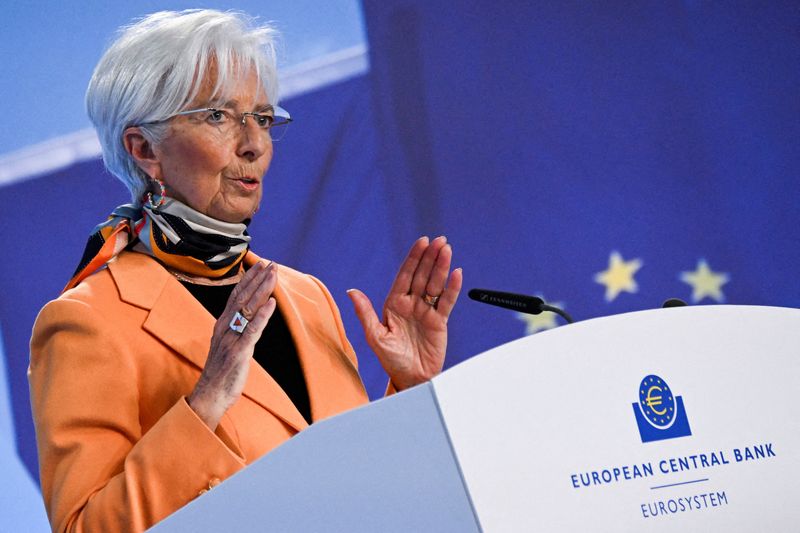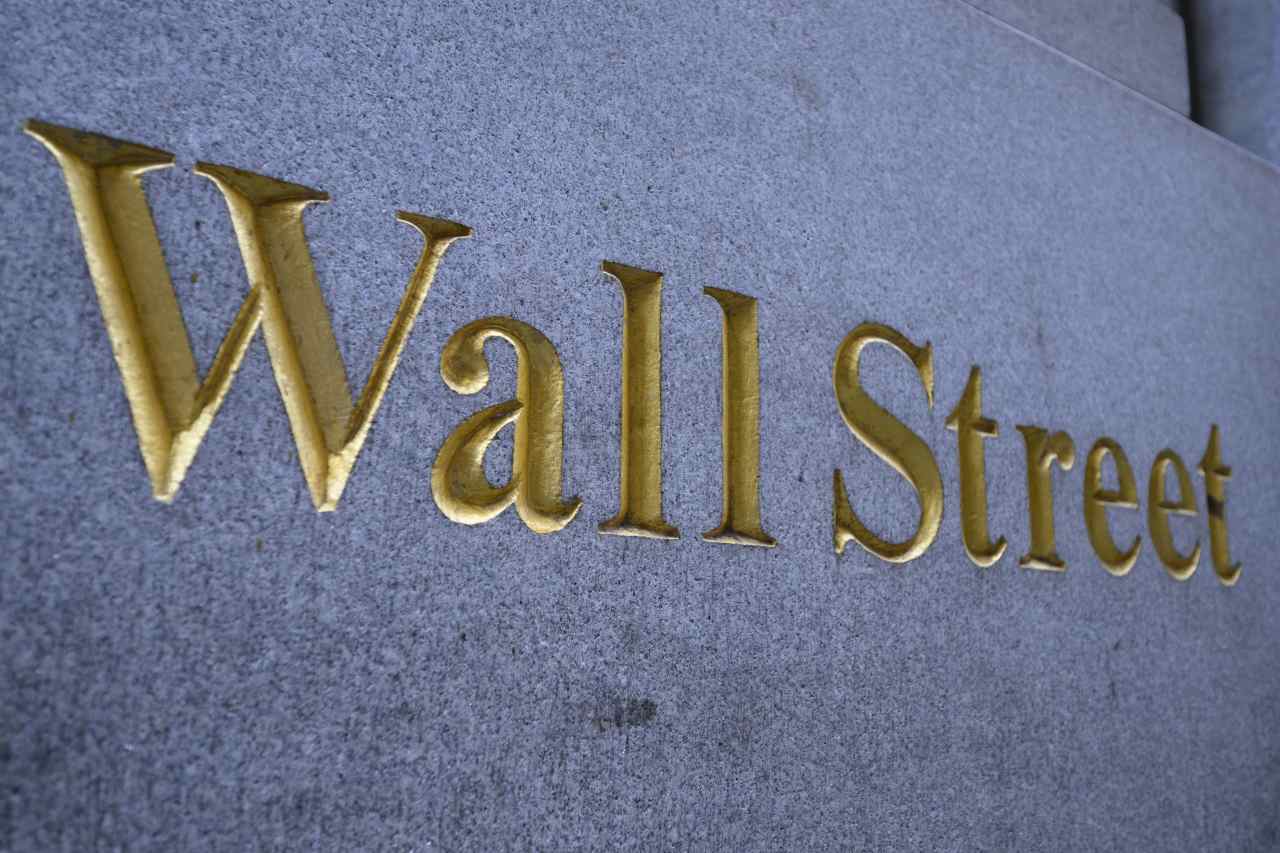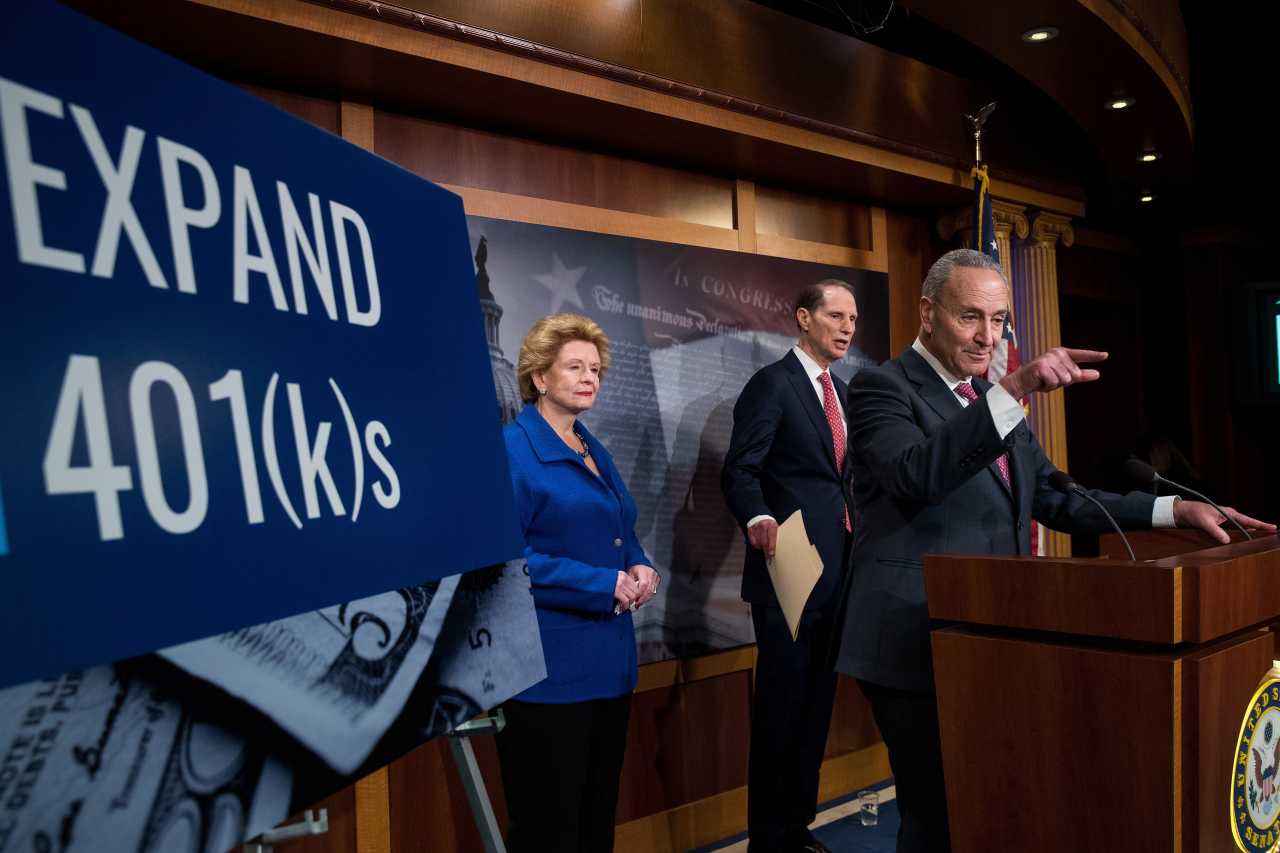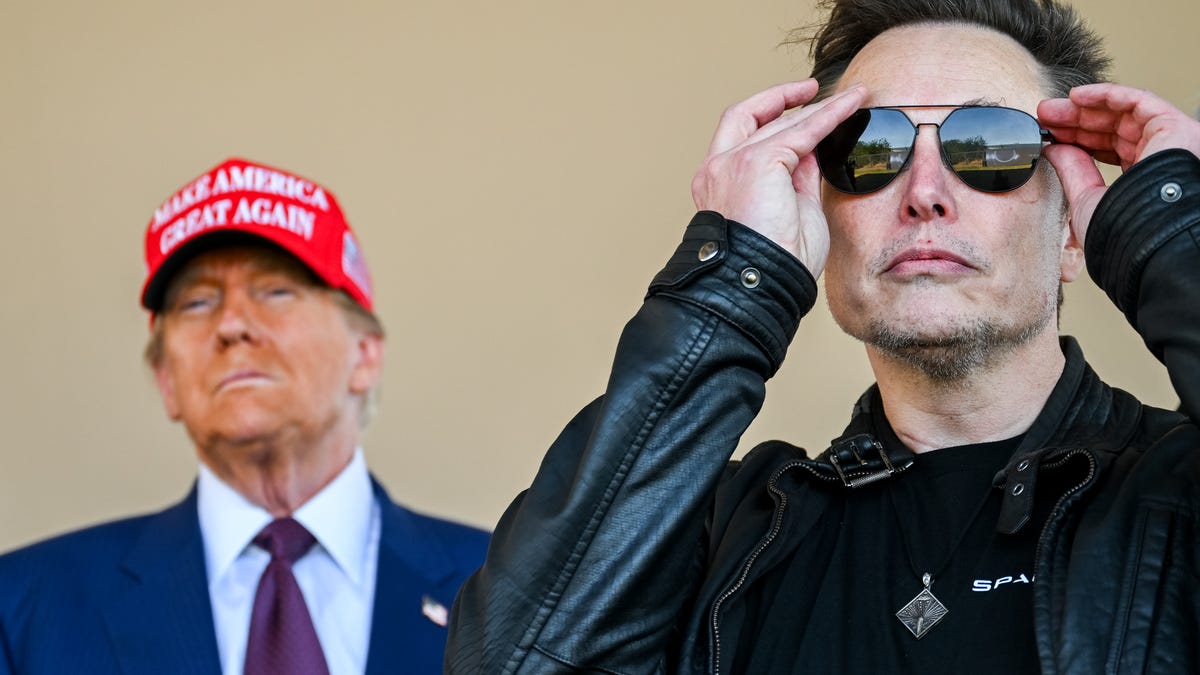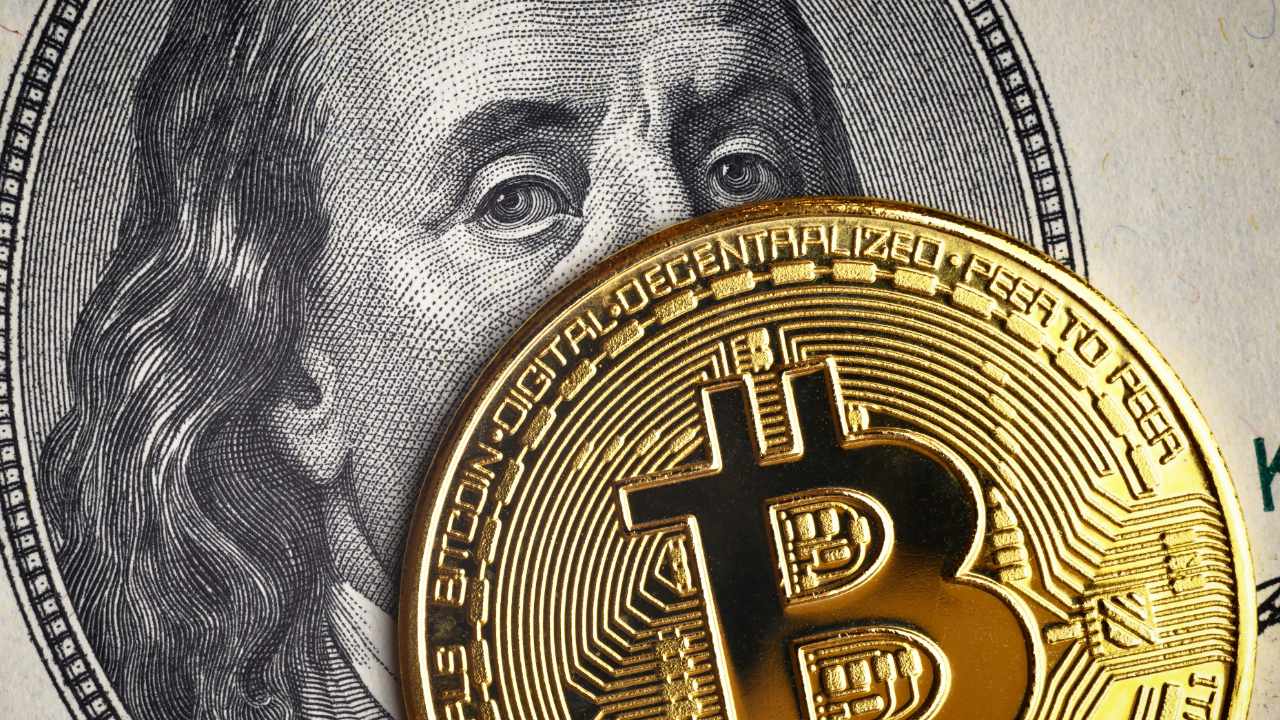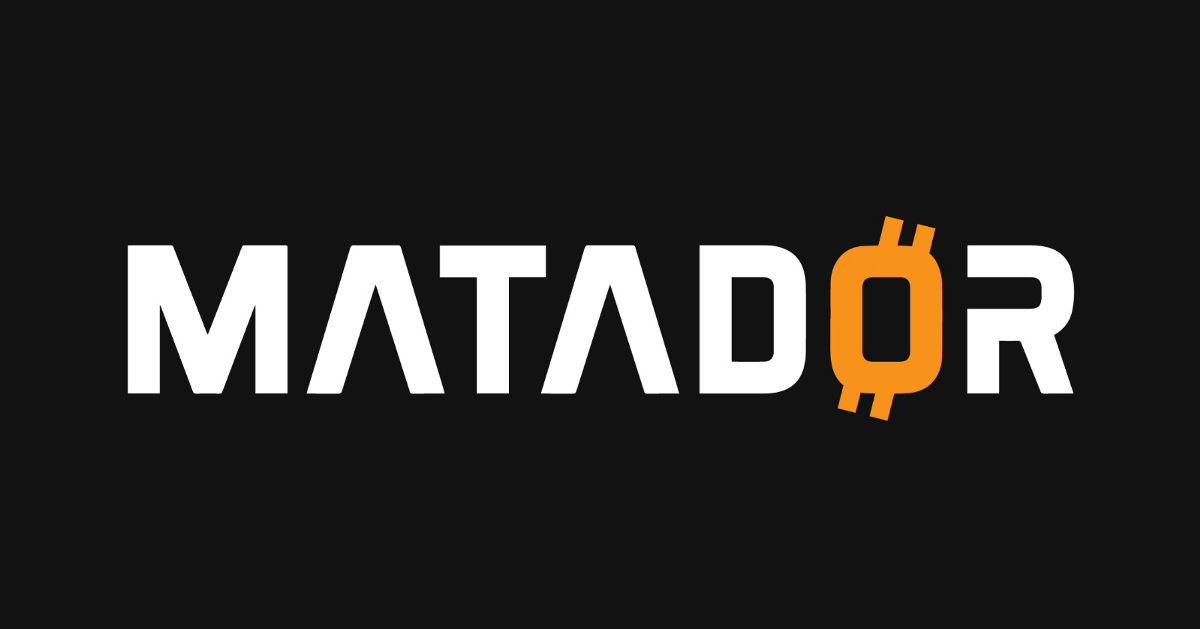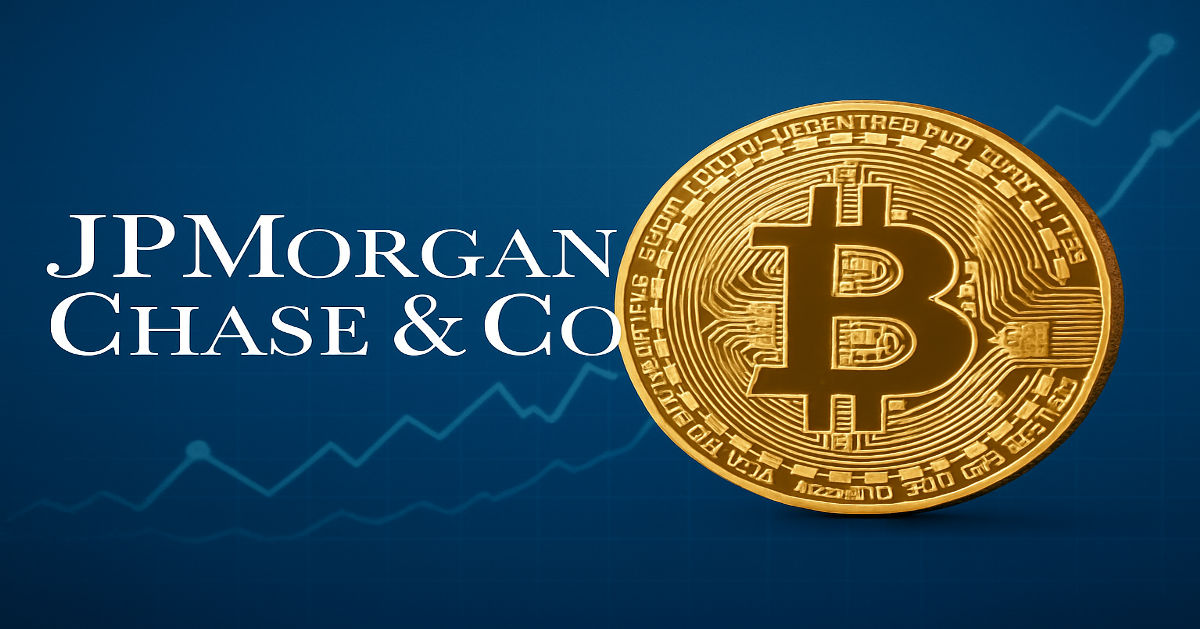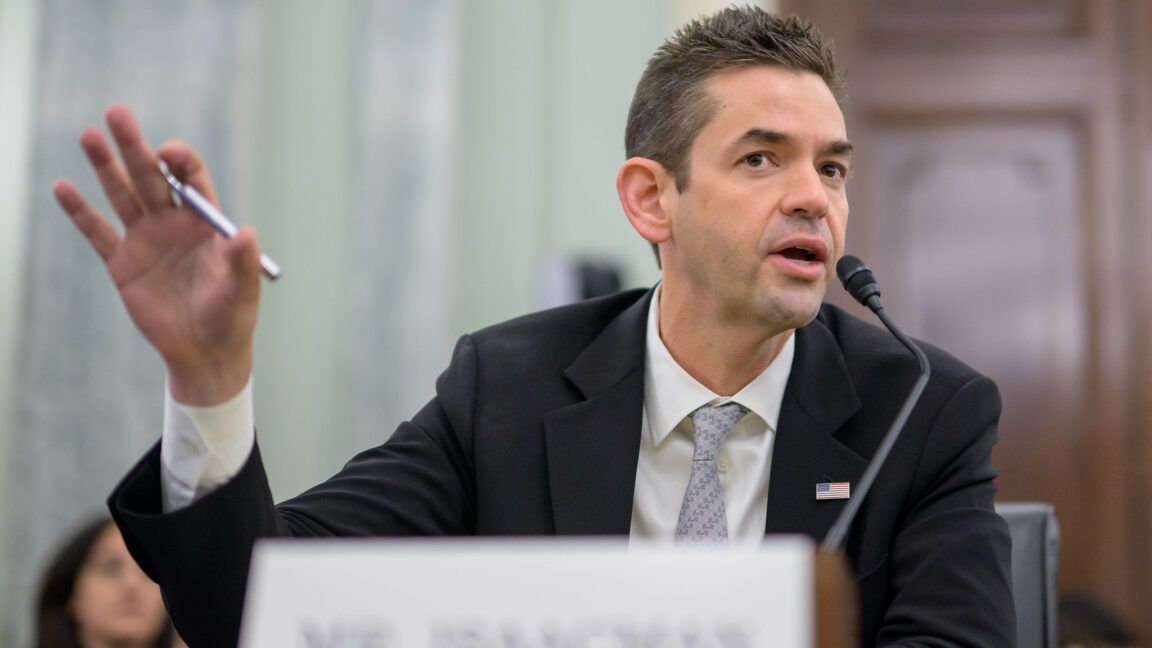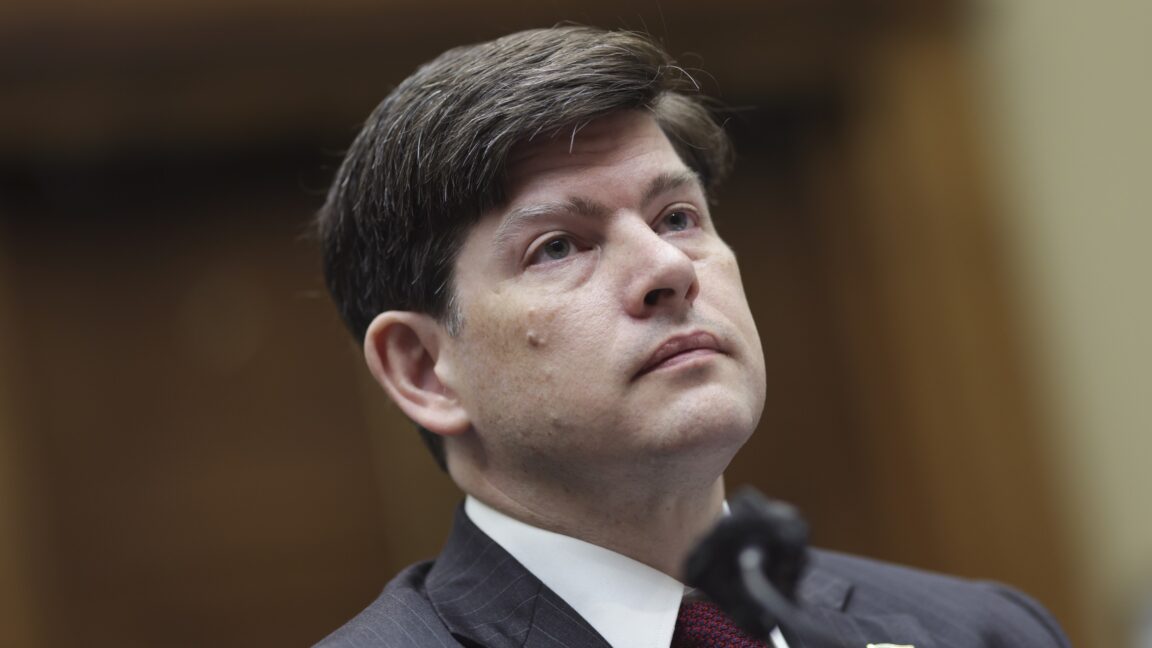Why I Hold Bitcoin, But Diversify Anyway
Before I dive in, let me be clear: this is not an attack on Bitcoin. I hold Bitcoin. I believe in its long-term potential. I respect the principles behind it: scarcity, decentralization, and monetary sovereignty. This post is not about dismissing those ideas. What I want to do is offer a reminder about risk. Because belief in the mission does not remove the need for balance. You do not need to go all in on a highly volatile, non-productive asset to grow wealth over time. History shows that diversified, productive capital allocation into businesses, real estate, and equity markets has consistently built lasting wealth. The dollar, when invested rather than hoarded, has outperformed inflation and even gold over long periods. Bitcoin does not need to replace that. It can complement it. But somewhere along the way, especially in online spaces, the conversation shifted. Bitcoin became not just a hedge or a high-conviction play, but a total strategy. The advice became to accumulate no matter the conditions, regardless of price, macro environment, or personal risk profile. That is not investing. It is conviction-driven overexposure. It is betting everything on one outcome and calling it financial wisdom. Bitcoin maximalism presents itself as resilient, but it often overlooks the core principles of sound portfolio management: diversification, rebalancing, and understanding opportunity cost. Wealth is rarely built by concentrating into a single asset, no matter how promising. The idea that Bitcoin must make up your entire portfolio to succeed assumes the only valuable future is one where everything else fails. Deep down, most people know that betting everything on one idea, even one that feels right, is not a durable strategy. The comparison to gold is common, but not entirely accurate. Gold earned its place over centuries. It backed currencies, built central bank trust, and became embedded in global finance. Bitcoin is still early in that journey. It has advantages like portability, divisibility, and independence from central control, but it also comes with high volatility, regulatory uncertainty, and dependence on continued adoption. These are not disqualifying traits, but they do warrant a measured approach. This is not a call to sell Bitcoin. It is a call to think clearly about how you hold it. Productive assets create and grow value over time. Diversification is not disloyalty. It is how thoughtful investors stay resilient. You can believe in Bitcoin’s potential without turning away from basic investing principles. So yes, Bitcoin belongs in a portfolio. But not as the whole portfolio. Use it for what it is: a high-upside, independent asset with unique characteristics. Allocate to it with purpose. Do not build your identity around it. Investing is about growing something real, not proving a point. Stay sharpe Allocate wisely and enjoy slaughtering me and my view. submitted by /u/Comfortable-Pay-4801 [link] [comments]
Before I dive in, let me be clear: this is not an attack on Bitcoin. I hold Bitcoin. I believe in its long-term potential. I respect the principles behind it: scarcity, decentralization, and monetary sovereignty. This post is not about dismissing those ideas.
What I want to do is offer a reminder about risk. Because belief in the mission does not remove the need for balance. You do not need to go all in on a highly volatile, non-productive asset to grow wealth over time. History shows that diversified, productive capital allocation into businesses, real estate, and equity markets has consistently built lasting wealth. The dollar, when invested rather than hoarded, has outperformed inflation and even gold over long periods. Bitcoin does not need to replace that. It can complement it.
But somewhere along the way, especially in online spaces, the conversation shifted. Bitcoin became not just a hedge or a high-conviction play, but a total strategy. The advice became to accumulate no matter the conditions, regardless of price, macro environment, or personal risk profile. That is not investing. It is conviction-driven overexposure. It is betting everything on one outcome and calling it financial wisdom.
Bitcoin maximalism presents itself as resilient, but it often overlooks the core principles of sound portfolio management: diversification, rebalancing, and understanding opportunity cost. Wealth is rarely built by concentrating into a single asset, no matter how promising. The idea that Bitcoin must make up your entire portfolio to succeed assumes the only valuable future is one where everything else fails. Deep down, most people know that betting everything on one idea, even one that feels right, is not a durable strategy.
The comparison to gold is common, but not entirely accurate. Gold earned its place over centuries. It backed currencies, built central bank trust, and became embedded in global finance. Bitcoin is still early in that journey. It has advantages like portability, divisibility, and independence from central control, but it also comes with high volatility, regulatory uncertainty, and dependence on continued adoption. These are not disqualifying traits, but they do warrant a measured approach.
This is not a call to sell Bitcoin. It is a call to think clearly about how you hold it. Productive assets create and grow value over time. Diversification is not disloyalty. It is how thoughtful investors stay resilient. You can believe in Bitcoin’s potential without turning away from basic investing principles.
So yes, Bitcoin belongs in a portfolio. But not as the whole portfolio. Use it for what it is: a high-upside, independent asset with unique characteristics. Allocate to it with purpose. Do not build your identity around it. Investing is about growing something real, not proving a point.
Stay sharpe Allocate wisely and enjoy slaughtering me and my view.
[link] [comments]













.png)















